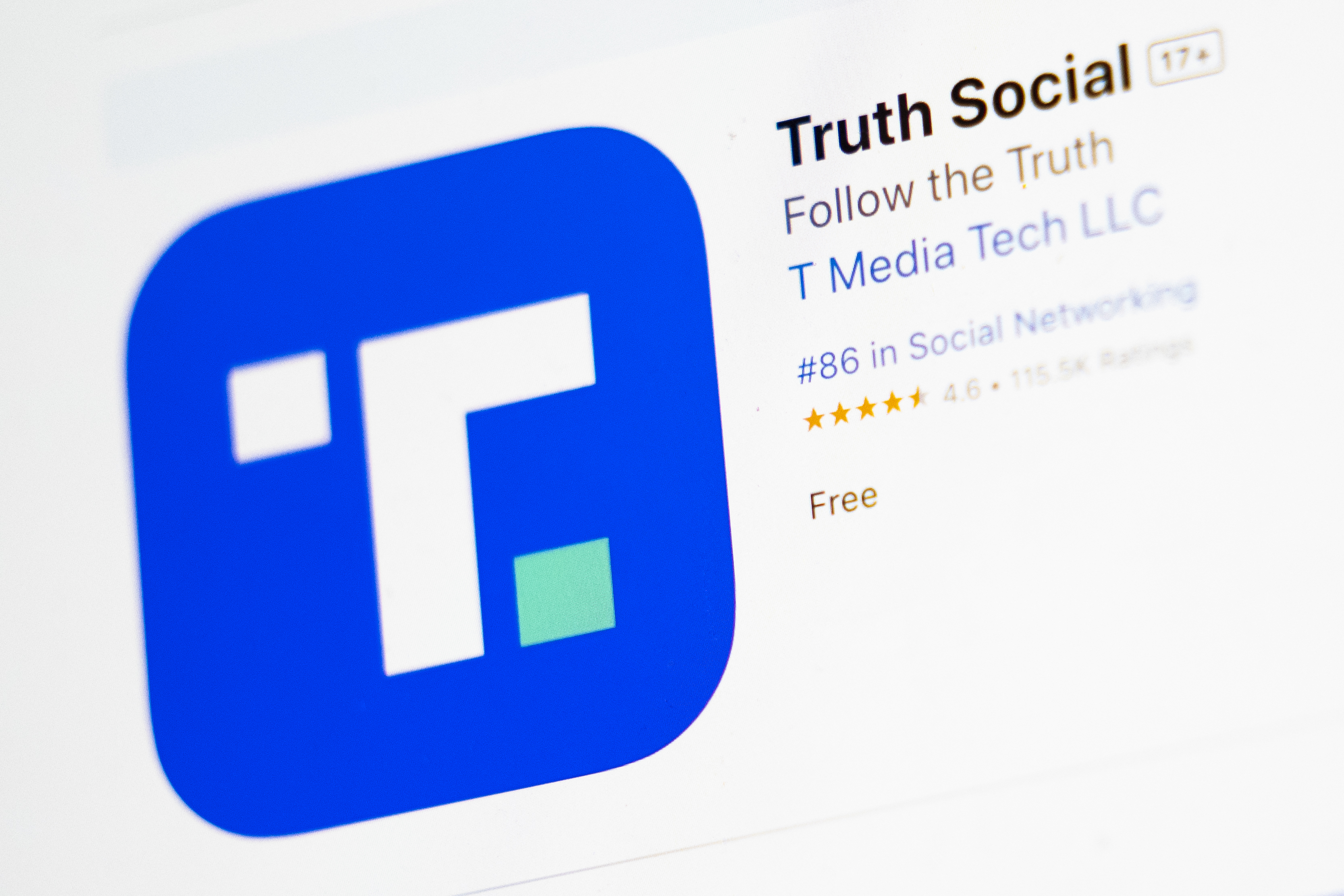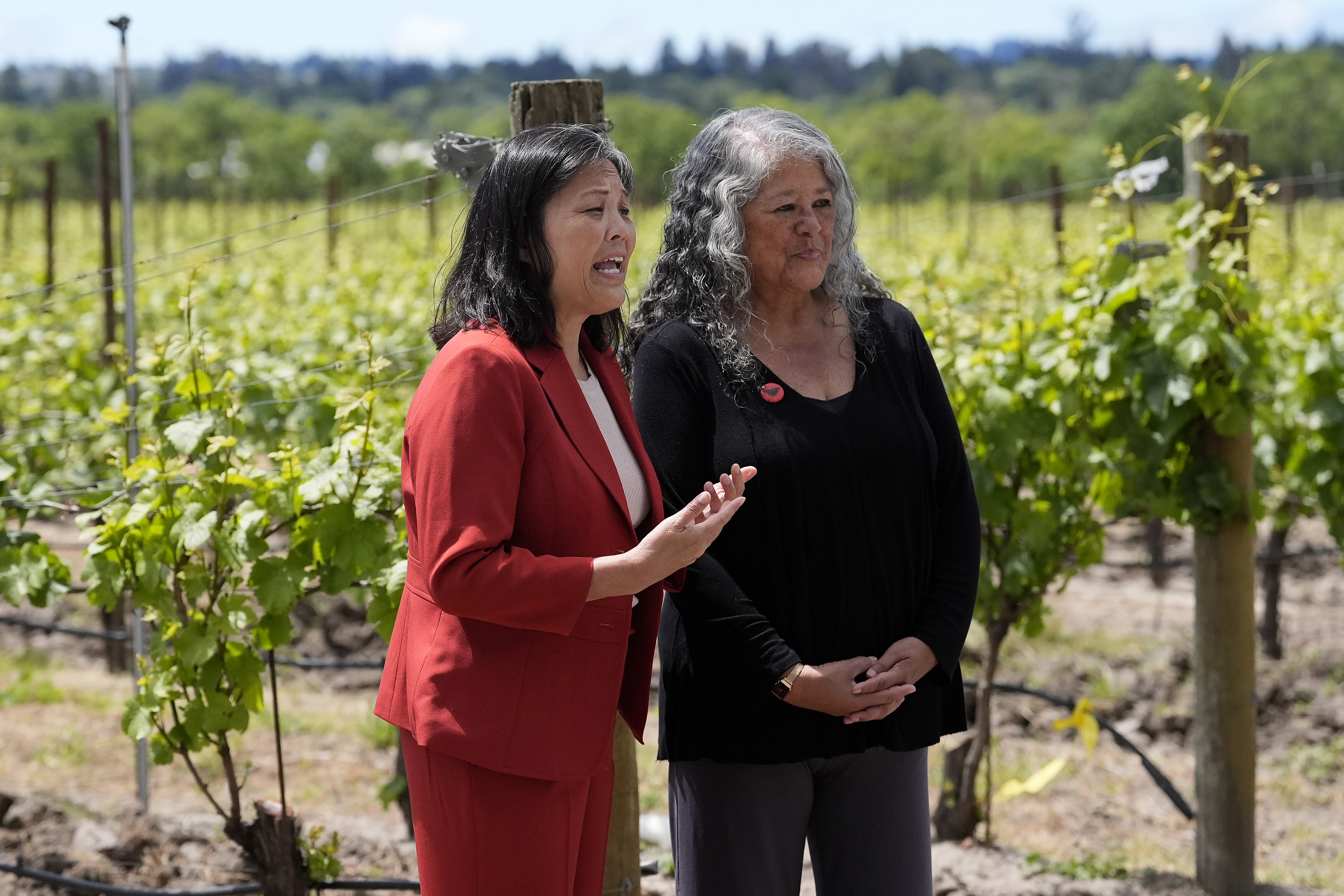Police in Gloucester, Massachusetts, are shifting their approach in how to battle the growing abuse of opioids and other substances in their community.
Beginning in June, addicts who surrender their drugs or drug paraphernalia and ask for help will not be charged, The Gloucester Police Department said.
"Instead we will walk them through the system toward detox and recovery," Gloucester Police Chief Leonard Campanello said in a Facebook post annoucing the new policy. "We will assign them an 'angel' who will be their guide through the process. Not in hours or days, but on the spot."
Addicts will be offered treatment in partnership with Lahey Hospital and Medical Center and Addison Gilbert Hospital.
“I’ve never arrested a tobacco addict, nor have I ever seen one turned down for help when they develop lung cancer, whether or not they have insurance,” Campanello said. “The reasons for the difference in care between a tobacco addict and an opiate addict is stigma and money. Petty reasons to lose a life.”
Nasal Narcan, an antidote for an opiate overdose, has also just been made available at local pharmacies without a prescription. Police have entered into an agreement with Conley's Drug Store and are working on one with CVS.
"We are poised to make revolutionary changes in the way we treat this disease," Campanello said.
U.S. & World
Campanello will travel to Washington, D.C., on May 12 and 13 where he will meet with Senators Elizabeth Warren and Ed Markey and Congressman Seth Moulton.
"I will bring the idea of how far Gloucester is willing to go to fight this disease and will ask them to hold federal agencies, insurance companies and businesses accountable for building a support system that can eradicate opiate addiction and provide long term, sustainable support to reduce recidivism," says Campanello.
Last year, more than 1,000 people died from overdoses of heroin and other opioids in Massachusetts, according to state health officials.



